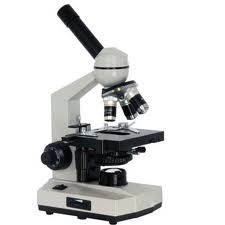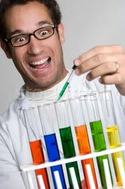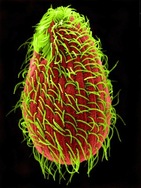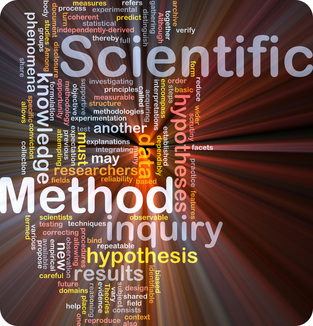What is science?(and what it's not)
Your textbook and this site contains lots of facts and ideas about living things. Many of those facts are important, and you will need to know them. You shouldn’t think that science is just a collection of never-changing facts. You can be sure that some “facts” presented in your textbook will change soon—if they haven’t changed already. That's why science is not just a collection of unchanging beliefs about the world but rather scientific ideas are open to testing, discussion, and revision.
If “facts” and ideas in science change, why should you bother learning them? And if science is neither a list of facts nor a collection of unchanging beliefs, what is it? The goal of science is to learn how nature works by observing the natural and physical world, and to understand this world through research and experimentation. Science is a distinctive way of learning about the world through observation, inquiry, formulating and testing hypotheses, gathering and analyzing data, and reporting and evaluating findings. We are all part of an amazing and mysterious phenomenon called "life" that thousands of scientists everyday are trying to better explain. And it's surprisingly easy to become part of this great discovery! All you need is your natural curiosity and an understanding of how people use the process of science to learn about the world. Goals of Science Science involves objective, logical, and repeatable attempts to understand the principles and forces working in the natural universe. Science is from the Latin word, scientia, which means “knowledge.” Science is an ongoing process of testing and evaluation, and is guided by an universal set of principles. One of the intended benefits of these concepts is to become more familiar with the scientific process. Humans are naturally interested in the world we live in. Young children constantly ask "why" questions. Science is a way to get some of those “whys” answered. You may not realize it, but you are performing experiments all the time. For example, when you shop for groceries, you may end up carrying out a type of scientific experiment (Figure below). If you like Brand X of salad dressing, and Brand Y is on sale, perhaps you will try Brand Y. And then if you like Brand Y, you may buy it again even when it is not on sale. If you did not like Brand Y, then no sale will get you to try it again. Your conclusions are essentially based on an experiment. To find out why a person makes a particular purchasing choice, you might examine the cost, ingredient list, or packaging of the two salad dressings. There are many different areas of science, or scientific disciplines, but all scientific study involves:
Microscope Information |
Intro to Science/Life ProcessesClick "View Notebook"
Help with your interactive notebookMore practice files will be updated shortly
Helpful linksVocabularyscience
observation inference hypothesis controlled experiment independent variable dependent variable control group data | ||||||||





